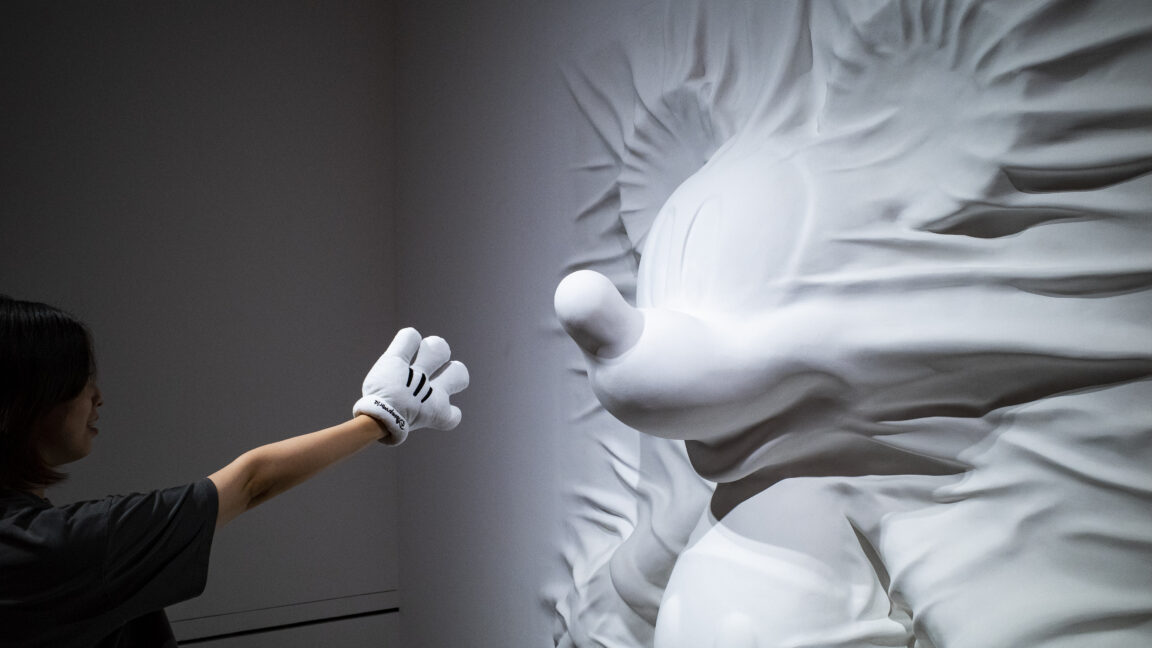Introduction to Medical Innovations
The medical field is constantly evolving, with new technologies and innovations being introduced to improve healthcare outcomes. Recently, several advancements have been made in the field of medical technology, including the deployment of robotic bronchoscopy in Korea, a brain health partnership focusing on AI, and AI health screening coming to military facilities in Southeast Asia.
Robotic Bronchoscopy in Korea
South Korea’s National Cancer Center is set to introduce robotic-assisted endoscopic imaging for lung cancer diagnosis. This is the first deployment of the robotic bronchoscopy platform by United States-based Intuitive Surgical in Korea. The high-precision technology is expected to address the present limitations in diagnosing lung cancer through tissue examination in the country. The robotic platform is also set to be deployed to Ulsan University Hospital. Evaluation studies of the endoscopic platform have been set, with a clinical application planned for next month.
Brain Health Partnership
Vellore Institute of Technology in Tamil Nadu, India, and Gleneagles Hospital Chennai will collaborate on brain health research. The private institutions recently signed a memorandum of understanding to research and co-develop technology solutions targeting neurological and chronic conditions. Key areas include neuroinformatics and brain imaging, AI and machine learning applications in healthcare, wearable and IoT-based medical devices, rehabilitation and gait-assistive technologies, and augmented or virtual reality-based diagnostic frameworks. They aim to produce, validate, and commercialize prototypes that will see applications in epilepsy care, neuro-oncology, neurorehabilitation, and cognitive health monitoring.
AI Health Screening in Southeast Asia
Predictmedix AI, a provider of contactless health screening solutions from Canada, has entered into a strategic partnership to expand in Southeast Asia. It partnered with systems integrator Pacific Mechatronics to market its AI-enabled health screening technology in the region’s defense and border sector, which is seeing rapid modernization of operational health measures. The Canadian company offers a fully automated solution, powered by AI and multispectral imaging, that detects signs of fatigue, infectious diseases, cognitive impairment, and mental health anomalies. The technology is deployable in rugged, high-security settings, including border control zones, military installations, naval docks, and air command units.
Conclusion
These innovations in medical technology have the potential to revolutionize healthcare outcomes in various parts of the world. The deployment of robotic bronchoscopy in Korea, the brain health partnership in India, and AI health screening in Southeast Asia are just a few examples of how technology is being used to improve healthcare. As these technologies continue to evolve, we can expect to see even more advancements in the field of medicine.
FAQs
- What is robotic bronchoscopy, and how is it used in Korea?
Robotic bronchoscopy is a high-precision technology used for lung cancer diagnosis. It has been deployed for the first time in Korea at the National Cancer Center and will also be deployed at Ulsan University Hospital. - What is the focus of the brain health partnership between Vellore Institute of Technology and Gleneagles Hospital Chennai?
The partnership focuses on brain health research, targeting neurological and chronic conditions, and aims to produce, validate, and commercialize prototypes for various applications. - What is Predictmedix AI, and how is it being used in Southeast Asia?
Predictmedix AI is a provider of contactless health screening solutions that has partnered with Pacific Mechatronics to market its AI-enabled health screening technology in Southeast Asia’s defense and border sector.











